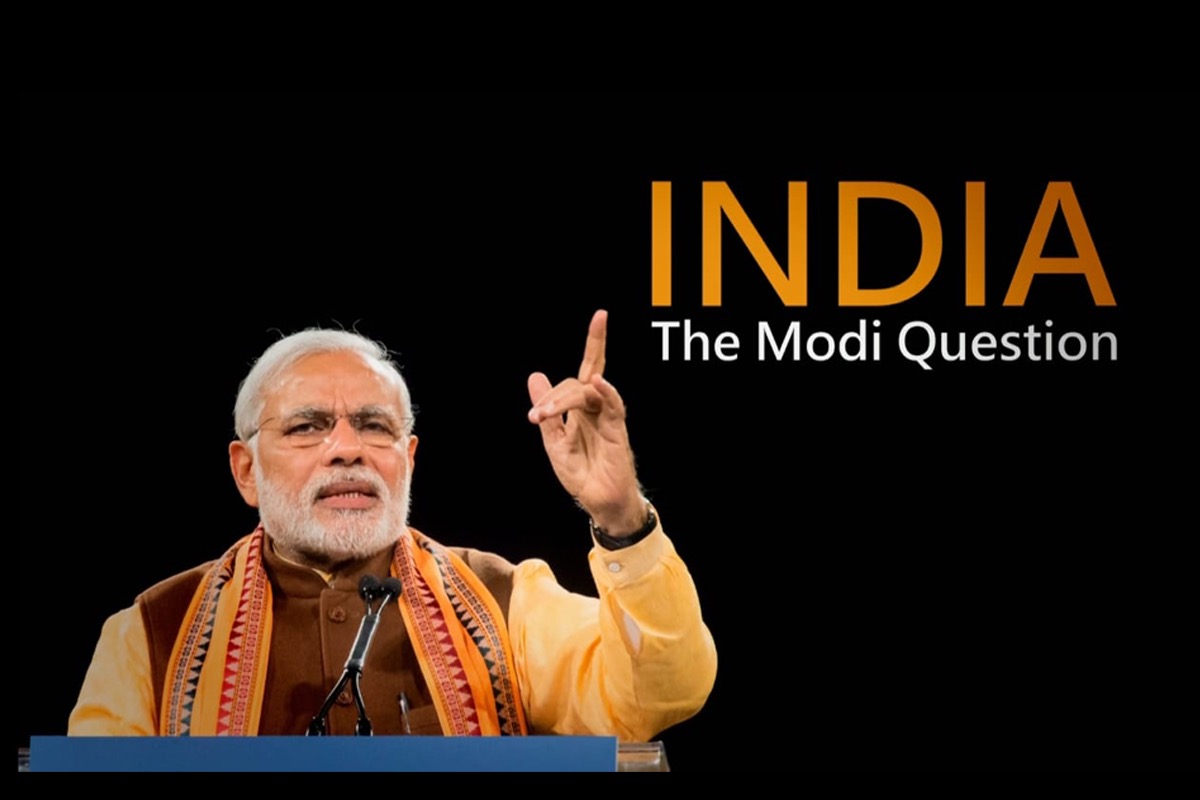As India celebrates its 74th Republic Day, the disinformation campaign in the asymmetric warfare against the Republic of India also turns a few decades old now. Disinformation refers to false or misleading information that is spread deliberately to deceive people. The purpose of disinformation is often to influence public opinion, or to disrupt the normal functioning of society or institutions. Disinformation can be spread through various channels, including social media, traditional news outlets, and propaganda. It can also take many forms, such as fabricated documents, manipulated images or videos, or false statements attributed to reputable sources.
It is different from misinformation which is false information that is spread unintentionally. India’s journey towards a more reliable geopolitical ally, strategic partner and important bloc in the New World order has enough milestones of disinformation campaigns in its archives. How else one explain the reading of banning of instant triple talaq, nullification of Article 370 and the J&K Reorganisation Act of 2019, CAA and NRC, which culminated in the Shaheen Bagh protests fiasco, the demonisation of the UCC (Uniform Civil Code) and the constant barrage of any move that the Government of India makes for all its citizens as anti-minority.
Jagmohan Malhotra, civil servant, politician, and former governor of J&K twice, was using the word disinformation in 1991, when he published ‘My Frozen Turbulence in Kashmir’. I marvel at the usage of the term in an era when there was no Internet, or satellite TV and no mobile phones; when not many people were aware of what digital warfare, or psy-ops was, or what is today a known tool in the two and half front war.
He was not unfamiliar with misinformation, disinformation or demonisation of individuals to derail state machinery, especially throughout the 1980s by the National Conference in collusion with the Jamaat-e-Islami leaders, many of whom were hand-in-glove with the terror outfits of the ISI-sponsored JKLF and the Hizb. Demonization is the process of portraying something or someone as evil or wicked. It is often used in a political or ideological context to describe the portrayal of a group or individual as a threat to society or to the established order. This can be done through various means, such as propaganda, media coverage, or political rhetoric. The goal of demonization is often to create fear and mistrust of the demonized group or individual, to justify discriminatory or aggressive actions against them.
The latest episode in this disinformation has been the two-part BBC documentary, “India: The Modi Question” claims it investigated certain aspects relating to the 2002 Gujarat riots when Modi was the chief minister of the state. The documentary has not been screened in India. The central government has reacted sharply to the BBC documentary which questioned PM Modi’s leadership during the 2002 Gujarat riots. Centre has slammed the UK broadcaster for documenting “lies” in a “propaganda piece”, with a crackdown on YouTube videos and Twitter posts sharing links of the documentary. Union law minister Kiren Rijiju on Tuesday hit out at those supporting the documentary and said that for some people “the white rulers are still the masters whose decision on India is final and not the decision of the Supreme Court of India or the will of the people” of the country. The Union Minister had on Sunday also attacked those in India who “still haven’t gotten over the colonial intoxication”.
Demonizing a democracy refers to the act of portraying a democratic system or its institutions in a negative light. This can be done through propaganda, misinformation, or other forms of manipulation, and it can be used to justify authoritarian rule or undermine public trust in democratic institutions. It is important to note that a democracy is not perfect and like any other system it has its own flaws and weaknesses but it’s important to address and fix them in a democratic way rather than demonizing it. In September 2022, Salvatore Babones, American sociologist, and an associate professor at the University of Sydney, criticized the democracy indices by Freedom House, V-Dem Institute, and Economist Intelligence Unit for their decision to downgrade India while under Narendra Modi’s premiership and called for a retraction. Noting their evidence to be flawed and “wildly disproportionate”, he blamed the intellectuals who were surveyed for not being objective in their evaluations. Two months later, in a conclave arranged by India Today, speaking on the same locus, Babones accused the Indian intellectuals of being “anti-India and anti-Modi as a class” in remarks that were widely shared in the social media.
This demonisation of individuals at the helm of affairs protecting India’s sovereignty and territorial integrity from its various insurgencies internally, by foreign funded agenda groups will continue, especially with the 2024 elections looming ahead. Most of the disinformation campaign will be done by using India’s “useful idiots” – leftists, liberals, Kashmiri Pandits, of Hindu heritage who disgruntled with the country for their own reasons will keep apologising for the terror threats and secessionist tendencies of Muslim minorities and allying with the anti-India elements for short-term gains in popularity, political power and the one thing that rules and corrupts all – money.












